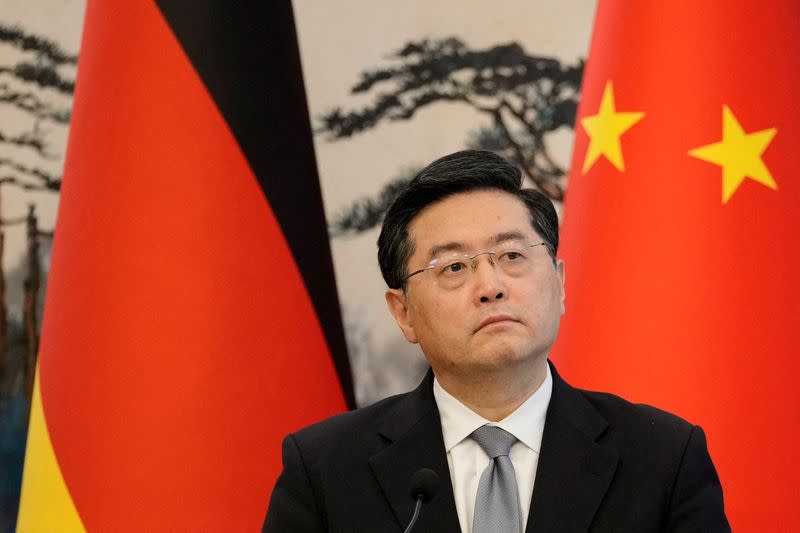In a high-stakes diplomatic meeting, Chinese Foreign Minister Wang Yi on Wednesday asserted that Taiwan’s pursuit of independence poses the greatest threat to regional stability, but vowed that Beijing would refrain from any new actions that could escalate tensions with the United States or other nations. The statement comes amid rising tensions between the U.S. and China, particularly over the Taiwan issue.
Wang Yi’s remarks were made during a visit by U.S. National Security Adviser Jake Sullivan to Beijing, signaling ongoing efforts to stabilize the strained relations between the two global powers. According to a statement from the White House, both sides expressed a commitment to planning a leader-level call in the coming weeks, reflecting a cautious approach to managing their differences.
Taiwan, a self-governing island democracy that has been separate from mainland China since 1949, has consistently rejected Beijing’s demands for unification, whether through peaceful means or by force. In his discussions, Wang Yi emphasized that the U.S. should adhere to China’s stance and support “China’s peaceful reunification,” as reported by the official Xinhua News Agency.
In contrast, the White House statement noted that Sullivan underscored the critical importance of maintaining peace and stability across the Taiwan Strait, a key area of contention between the two nations.
The backdrop to these discussions includes broader U.S.-China disputes over trade, as well as Beijing’s financial support for Russia’s defense industry during its ongoing invasion of Ukraine. Despite these political and military tensions, China and the U.S. continue to share close economic ties, with significant numbers of Chinese citizens moving to the U.S. for work as China’s state-driven economy faces challenges.
Meanwhile, the U.S. military has been vocal in opposing China’s extensive territorial claims in the South China Sea, a region where Beijing has rapidly expanded its military presence. This week, the U.S. indicated its openness to consulting with the Philippines about potentially escorting Philippine ships in the disputed waters, amid heightened hostilities between Beijing and Manila.
The White House also revealed that both Sullivan and Wang Yi acknowledged the importance of maintaining regular military-to-military communications. They agreed to plan a theater commander telephone call in the near future, highlighting a mutual desire to manage military interactions more effectively.
The South China Sea remains a flashpoint in the region, with the Philippines urging the Association of Southeast Asian Nations (ASEAN) to take a more active role in addressing the disputes. The 10-nation bloc includes several countries with overlapping claims in the South China Sea, such as the Philippines, Vietnam, Malaysia, and Brunei, in addition to China and Taiwan.



